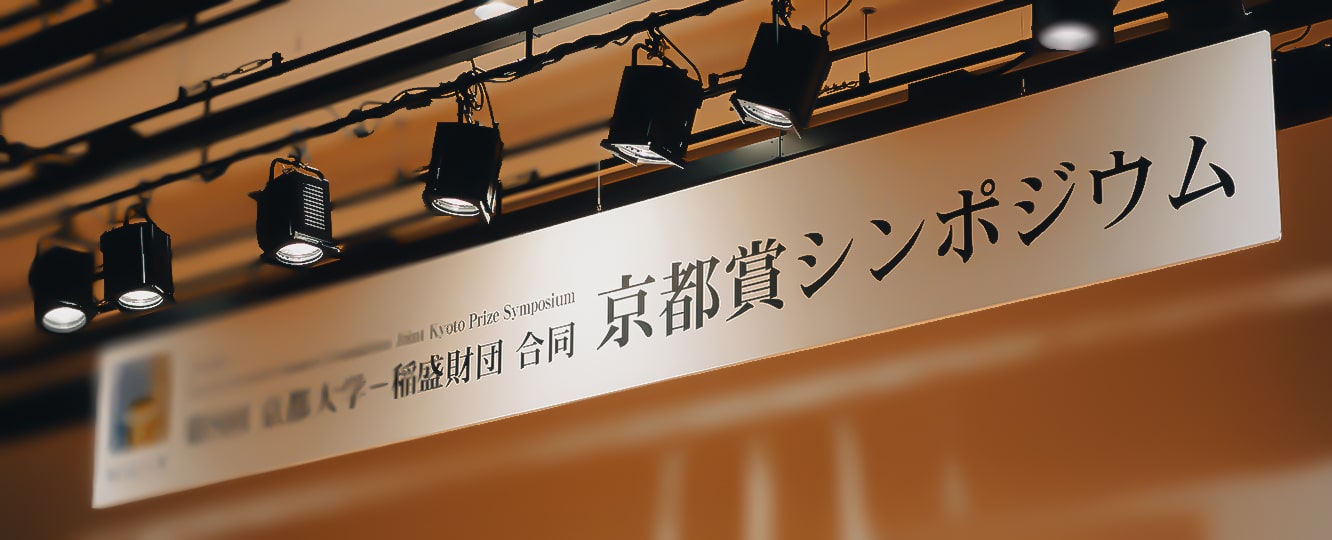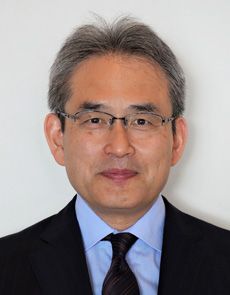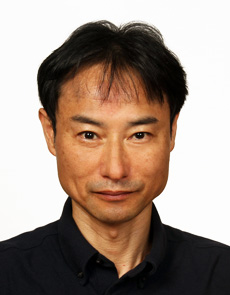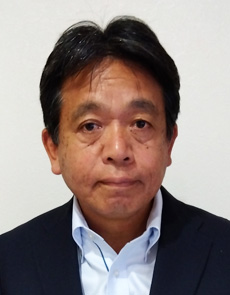An ultimate energy-saving semiconductor that can change society
Semiconductors are the most important components that support a modern electronics society. The functions of personal computers and smartphones have mostly been made possible by semiconductors. Solar cells, which are becoming widespread as new power sources, and white lighting are also based on semiconductors. The semiconductors that are actively used in automobiles, electric trains, electric power supplies, etc., are referred to as “power semiconductors,” where Japan has historically been a global technology leader. Moreover, since a complete transition from gasoline-powered vehicles to electric vehicles is expected in a near future, the importance of and demand for power semiconductors will continue to increase. While silicon (Si) has long been used as the material for power semiconductors, research and development of new semiconductors that can significantly exceed the theoretical limit of Si is making rapid progress. In particular, silicon carbide (SiC), which can be said to have originated at Kyoto University, began to be put into full-scale practical use several years ago, owing to its excellent properties and remarkable progress in technology. Since adoption of SiC has been demonstrated to significantly reduce power loss in various electrical systems, the market has significantly been growing, which is driven by rapid increase of adoption in bullet trains, subways, and electric vehicles. In this presentation, the speaker will introduce the benefits of SiC semiconductor, which has been studied and been practically applied as the ultimate energy-saving semiconductor.



